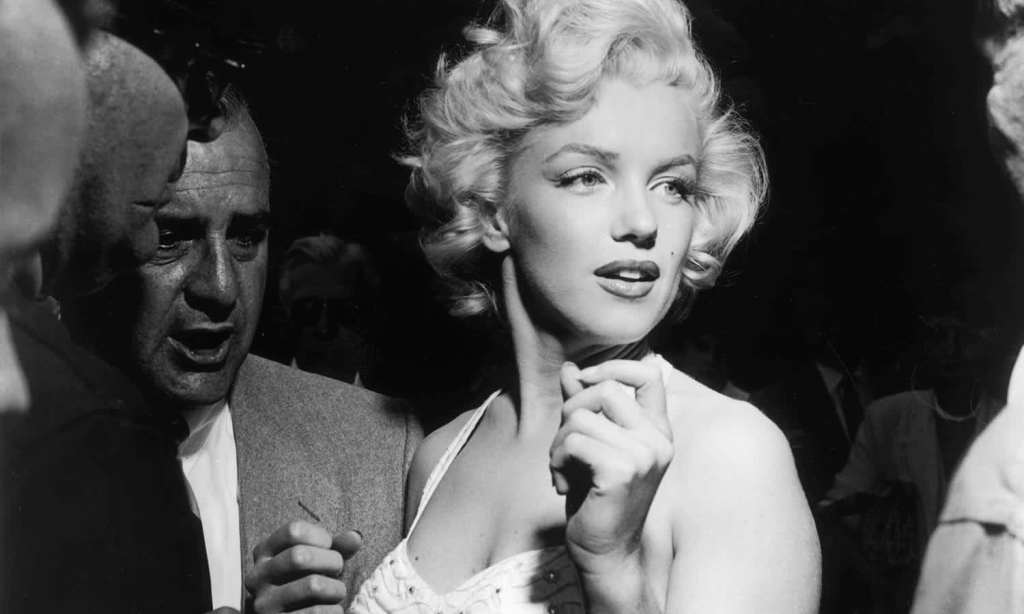In their next column for TheLatch—, BARE Therapy looks into the existence and origin of the Madonna-whore complex.
The founder of psychoanalysis, Sigmund Freud, is best known for his neuro-theories around sexuality and the unconscious mind (he coined the term ‘ego’!).
Way back in the early 1900s, Freud identified a psychological dichotomy in his male patients known as the ‘Madonna-Whore complex’. Men (back then, but relevant to all genders now) with this complex saw women as either saints or prostitutes, loving the first and desiring the second — though never intertwining both.
As Freud said, “Where such men love, they have no desire and where they desire, they cannot love.” The theory originally was said to stem from a man’s relationship with his mother, though has become fluid over time.
Today, the Madonna-whore dichotomy ultimately means that women have to be either pure and ‘virginal’ or sexual and forthcoming. Never both.
A woman’s sexuality is a sliding scale throughout her life and that the way we express our desires for sexual pleasure publicly and personally can change over time. However, therapists today are still seeing people with this psychological complex, And it can have a huge impact on relationships.
There are two major milestones where the Madonna-whore dichotomy comes into play in today’s modern world:
Marriage
Particularly popular in cultures with beliefs against sex before marriage, it can often be hard for partners to switch — literally over(their wedding)night — from seeing their girlfriend as a pure, untouched ‘girl’ turn into a woman with desires for pleasure that she wants to have met.
People with this psychological complex see a change in personality in their female partner and don’t wish to — and sometimes can’t — ‘degrade’ her by having sex, leading to frustration and anger on both sides of the relationship.
This moment was captured well in an episode of Sex and the City between Charlotte (played by Kristin Davis) and Trey (played by Kyle MacLachlan). Followng their wedding, Trey is unable to perform as he sees Charlotte as the virginal character who he wed. To switch this perception, Charlotte plays with herself in front of him to show she is, in fact, a woman with desires.
Starting the conversation about sex and desire in the weeks ahead of the wedding (I.e. ‘I can’t wait until our wedding night when we finally get to be with one another’) can also plant the seed of fluid sensuality and can make the first few months of marriage easier on both of you.
Motherhood
In motherhood, the dichotomy tends to work in reverse – from ‘whore’ to ‘Madonna’. Through the eyes of the complex, a woman may be seen as a sensual being with desires and hunger for pleasure, until she falls pregnant.
Pregnancy and birth are incredible feats for women. Holding a child for nine months and bringing them into the world is one of the purest things humans can do, so it makes sense that some partners may find it difficult to see women as sexual beings once baby is out in the world. However, it can be frustrating when a woman’s sexual desire comes back in the months after becoming a mother and is not met by her partner.
The Madonna-whore complex can be particularly prevalent when a baby is born ‘naturally’, through the birth canal. Prior to her giving birth, a partner may have seen a woman’s vulva as something to be desired, a place to play and enjoy for themselves. After giving birth, this view can change to become purer as their partner’s vulva becomes the thing that gives life, something related to their child rather than to sex and pleasure.
Again, conversations about this milestone before the fact can help to ‘normalise’ it within your own relationship to ensure sensuality remains alive after giving birth.
—
Just as life is not black and white, the same goes for our sexuality. Women are not to be put into a box — either as saintly virgins (Madonnas) or easy prostitutes (whores). The level of our sensuality should be allowed to be fluid and not at all dependent on the opinion of others.
If your partner is having trouble adjusting their perception of you in the bedroom, have an honest conversation with them about how this makes you feel, either alone or with a therapist. Heck, show them this article if you feel it could help! But don’t ever make yourself smaller than you are to fit into a box for them.
BARE Therapy provides the hottest tips for great sex and positive relationships. Get your pleasure at @baretherapy.







